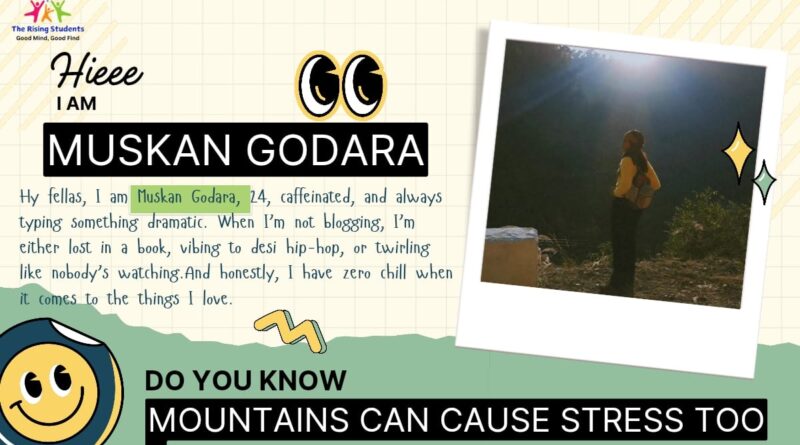CONFIRMATION BIAS & YOUNG ADULTS: A toxic relationship
What is Confirmation bias?
In psychology, it is defined as the underlying tendency of human beings to focus on, interpret, favor and recall information that, in a way, confirms one’s values and beliefs. This subconscious cognitive shortcut hinders the cognitive development and decision making ability of young adults. It creates “filter bubbles” that limit our exposure to varied information. In this article I will take it point by point for a better understanding. Let’s dive into it.

Day-to-day life examples:
- SOCIAL MEDIA: Today, we are presented with an overwhelming number of news sources which are not just reflective of what users want to see but also the designers’ belief and values. We tend to incline towards the news that fits into the checklist of our own perspectives. For instance, if you support the XYZ party you’ll avoid channels showing any negative commentary on them and overlook any wrongs they’re doing.
- FAITH IN RELIGION: People always tend to search for and interpret evidence with respect to their religious beliefs. For instance, irreligious people will point out the belief of religious people in “miracles” or “God’s plan” as blind belief in religion.
When does Confirmation bias occur?
- Information process: As human beings it is not possible for us to take in the enormous available information that we are exposed to on an everyday basis. So , Confirmation Bias works as an efficient way.
- Protects our self-esteem: We are susceptible and receptive to biased information that makes our core belief in something stronger and feeds the ego with confirmation that “Yes that is right because you believe in it.”
- Minimizing Cognitive Dissonance: (Cognitive Dissonance is a psychological discomfort you feel when you hold two conflicting views or when your actions don’t align with your beliefs. For ex., Someone believes that drinking is not good for health but still continues to drink pushing himself into guilt.) Confirmation bias is adapted by us to avoid any information that goes against our views. It gives a sense of peace to our mind.
Impact on YOUNG ADULTS:
Confirmation bias is making young adults less tolerant to opposing views. It is making their perception of the world narrow, steadily. It is leading to a rise in polarization of pre-existing beliefs. The ability of critical thinking is stooping so low in today’s generation. This biased behaviour is causing flawed reasoning and poor judgement in youngsters. Social Media is the root cause. Platforms use algorithms which filter out content according to user’s engagement and feed them biased information. It limits young adults’ access to diverse perspectives and thus, hinders the development of well-developed, independent thought.
How to reduce it??
You have to make changes in your intrapersonal thoughts. Instead of just believing in what you see, try to expand your sources and research to get access to a wider range of information. Another thing you can do is to choose an alternative hypotheses. Considering the possibility of other’s beliefs than your own can help you stretch your legs out of that small blanket of yours and gather information in a more dynamic way.
My two cents..(ofcourse 🙂
Nothing changes in just a day. I get that. But all you have to do is, again, take baby steps. To build your mind to be more open to many sources of information is what you have to start with. Do not believe what you saw in that reel, but research on it. The credibility and authenticity of any news you come across. Slowly with time you’ll realise that for so long you were the one putting a stop on your capabilities, no one else.

